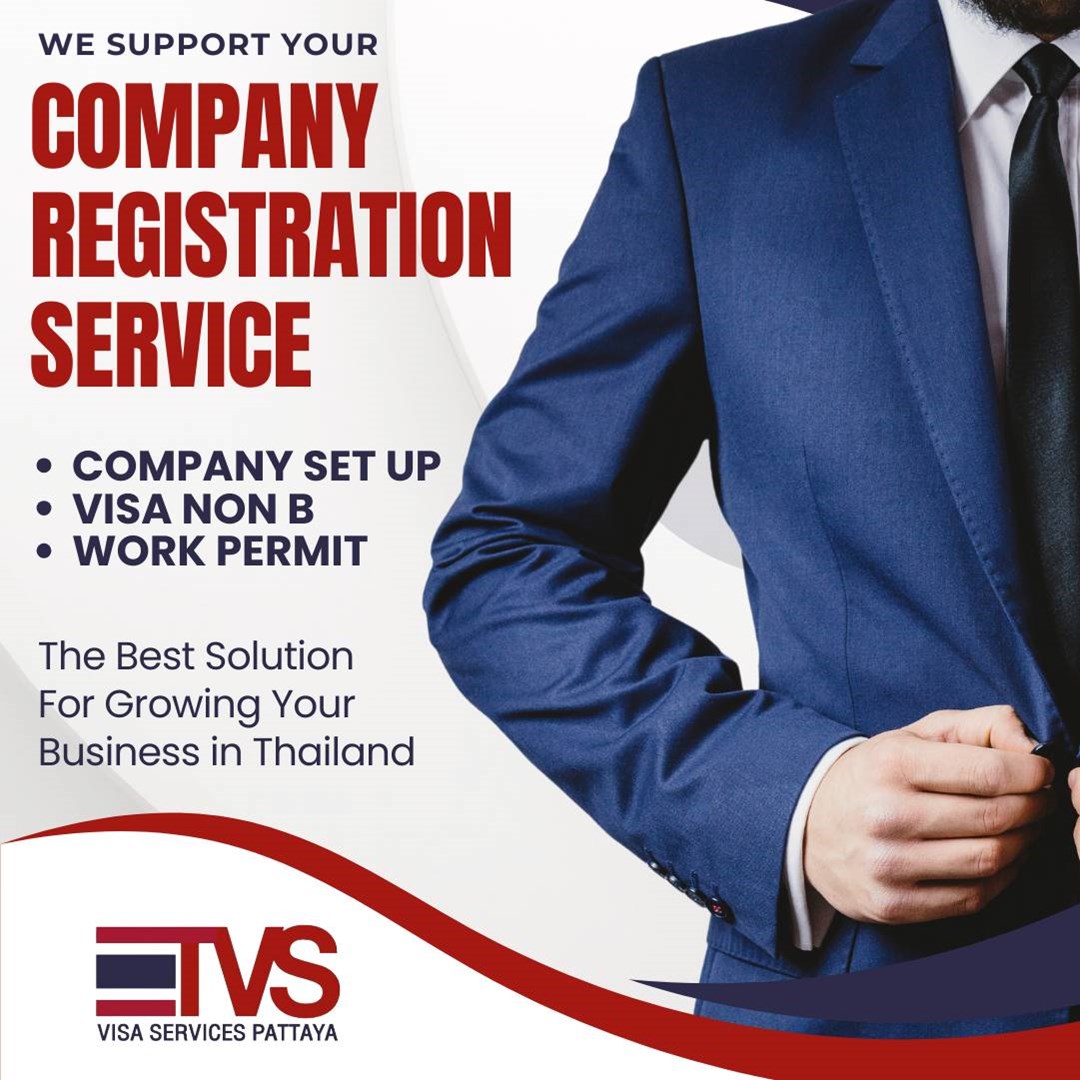Company Setup in Thailand

Setting up a company in Thailand involves several steps and processes, which will vary depending on the type of business and the nationality of the business owners. Here's a general outline of the process:
1. Choose a Business Type
- Thai Limited Company: This is the most common structure for foreigners. It requires at least three shareholders (which can be Thai or foreign nationals).
- Foreign Business License (FBL): If the company has more than 49% foreign ownership, you may need an FBL unless the business falls under the list of activities that foreigners can engage in without the license.
- BOI-Approved Company: Certain industries may be eligible for incentives through the Board of Investment (BOI), such as tax breaks and exemptions on foreign ownership restrictions.
2. Register the Company Name
- Submit a name reservation to the Department of Business Development (DBD). The name must not be similar to existing companies and should be in line with legal guidelines.
3. Prepare Required Documents
- Articles of Association: This includes the company’s objectives, registered address, and shareholder details.
- List of Shareholders: All shareholders must be listed, and their shareholding percentages should comply with Thai law.
- Memorandum of Association: This document outlines the company name, location, objectives, and capital structure.
- Company Registration Forms: These need to be filed with the DBD.
4. Register with the Department of Business Development (DBD)
- Submit the necessary paperwork to the DBD, including the list of directors, company bylaws, and proof of initial capital.
5. Deposit Initial Capital
- Depending on the type of business, you may need to deposit a certain amount of initial capital in a Thai bank account. The minimum registered capital for a Thai Limited Company is 2 million THB if foreign ownership exceeds 49%.
6. Apply for Tax ID and VAT Registration
- Once registered, the company must apply for a corporate tax ID from the Revenue Department. If the company’s revenue exceeds 1.8 million THB per year, VAT registration is mandatory.
7. Obtain Necessary Licenses
- Depending on the business type, you may need additional licenses, such as a Food and Beverage License, FBL, or other sector-specific permits.
8. Hiring Foreign Staff
- If the company plans to hire foreign workers, you must comply with work permit regulations, including maintaining a ratio of four Thai employees for every foreign worker.
9. Social Security Registration
- Once employees are hired, the company must register with the Social Security Office and contribute to the social security fund.
10. Annual Requirements
- You must file annual financial statements with the Revenue Department and the DBD.
